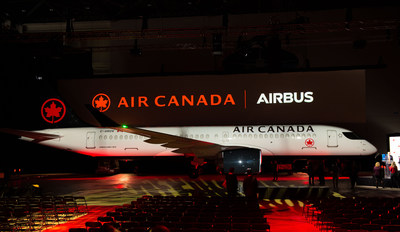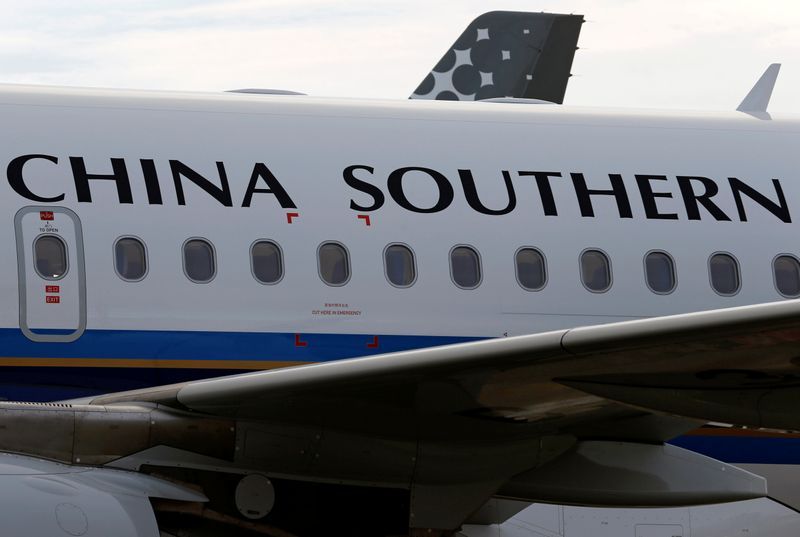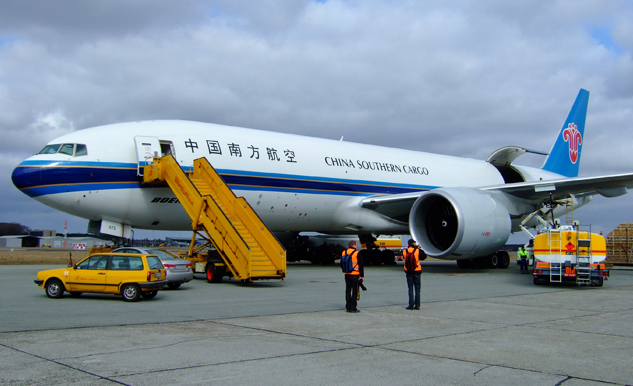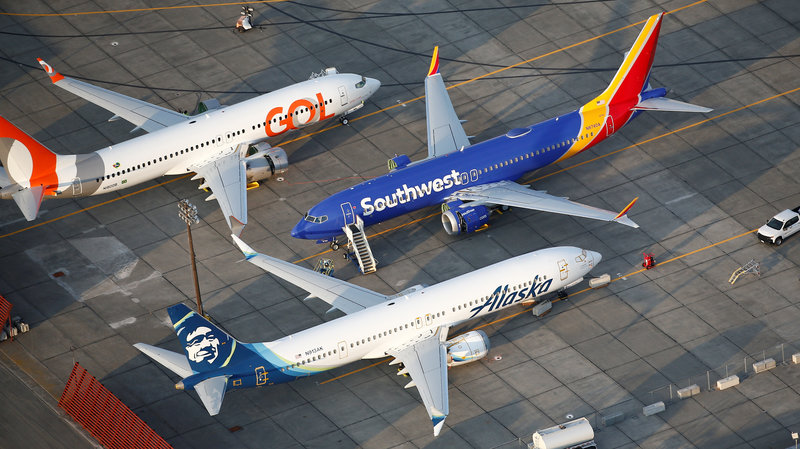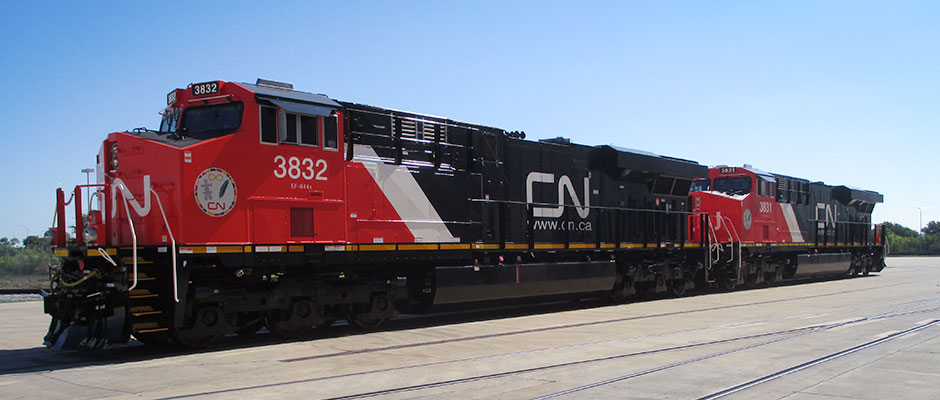
United Airlines, Chase Card Services and Visa today announced a multi-year extension of the United MileagePlus credit card program. The extension continues the more than 30-year relationship between the number one card issuer in the U.S., the U.S. airline with service to the most U.S. cities and most countries around the world and the world’s leader in digital payments.
The agreement, which extends into 2029, builds on one of the industry’s strongest co-brand card portfolios with seven consecutive quarters of double-digit year-over-year growth and a long history of providing cardmembers with extra benefits that reward people traveling United’s expansive global route network.
“United Airlines, Chase and Visa have a longstanding partnership that delivers top benefits to customers to help them get the most out of their travel, while returning robust value to our respective businesses,” said Luc Bondar, United’s vice president of Loyalty. “This extension strengthens ties with our partners at Chase and Visa and is expected to drive growth across our industry-leading credit card portfolio, enhance our cardholders travel experience and provide more opportunities to easily earn and redeem miles to travel United’s industry leading route network.”
“We’re pleased to extend our decades-long relationship with United and Visa in order to deliver even more value to our joint cardmembers,” said Ed Olebe, president of Chase Co-Brand Cards. “The program has deep cardmember loyalty and fantastic momentum, with exciting new offerings and experiences for our customers to look forward to in 2020 and beyond.”
The extended agreement will build on one of the world’s strongest co-brand card portfolios, with premium customers in premium markets. The portfolio of cards includes the new United Business Card, United Explorer Card, United Club Card, United Club Business Card and United TravelBank Card. Customers traveling with eligible MileagePlus credit cards have access to benefits that make traveling United’s leading route network better than ever including perks such as free checked bags, priority boarding and increased mileage earn on every day spending.
“Visa is proud to extend our partnership with United and Chase to bring best-in-class card benefits and travel experiences to cardholders,” said Kirk Stuart, senior vice president, head of North America Merchant at Visa. “We look forward to building on the program’s success to deliver more value, enhance cardholder engagement and create rewarding payment experiences.”
Earlier this year, United and Chase launched a new Business card and celebrated with the highest ever bonuses for all United co-brand cards for the first time ever. In 2018, United and Chase launched the award-winning United Explorer card, with even more best-in-class benefits including an up to $100 Global Entry or TSA Pre-Check statement credit and 2X earn on hotel stays and restaurant purchases.
United also continues to invest in making MileagePlus the top loyalty program for its members. Last year the airline announced that MileagePlus miles never expire and announced a partnership with CLEAR to offer free and discounted memberships to MileagePlus members. United also introduced PlusPoints, a new industry-leading upgrade benefit for Premier members.

